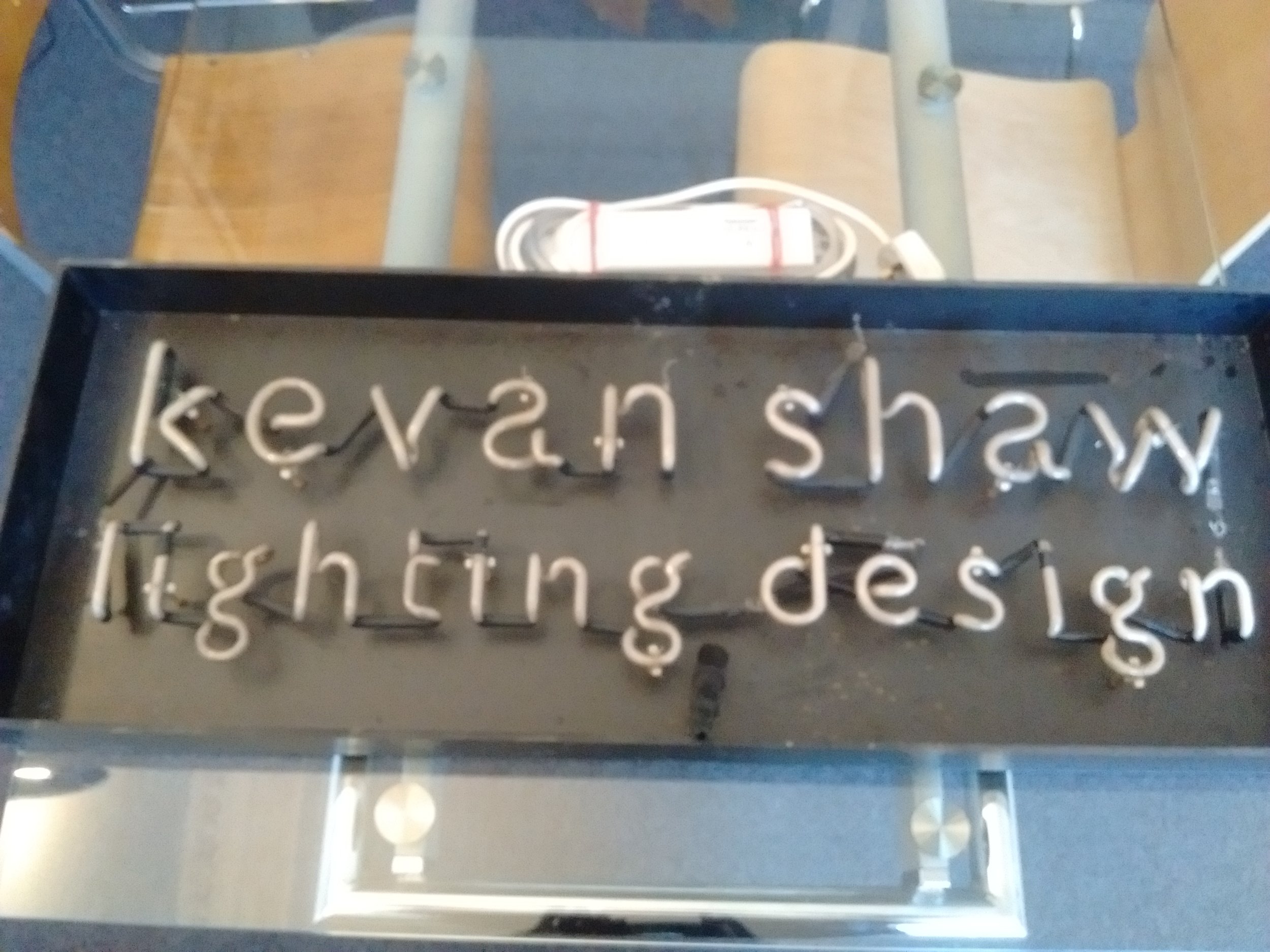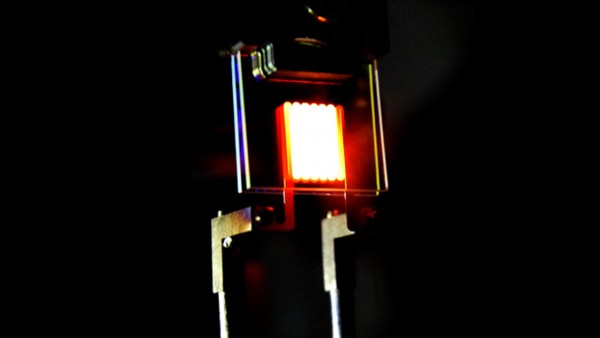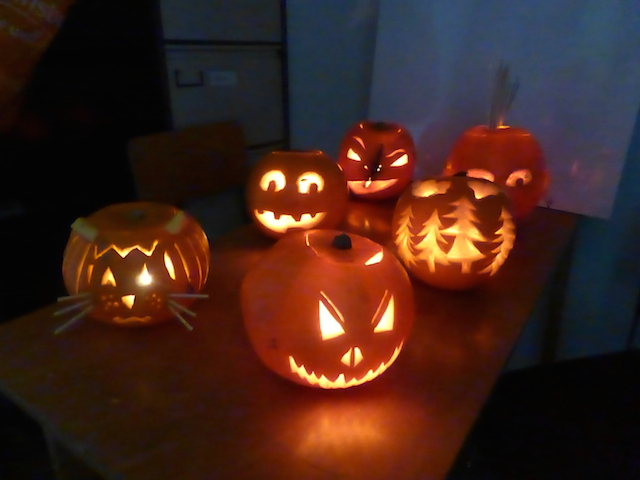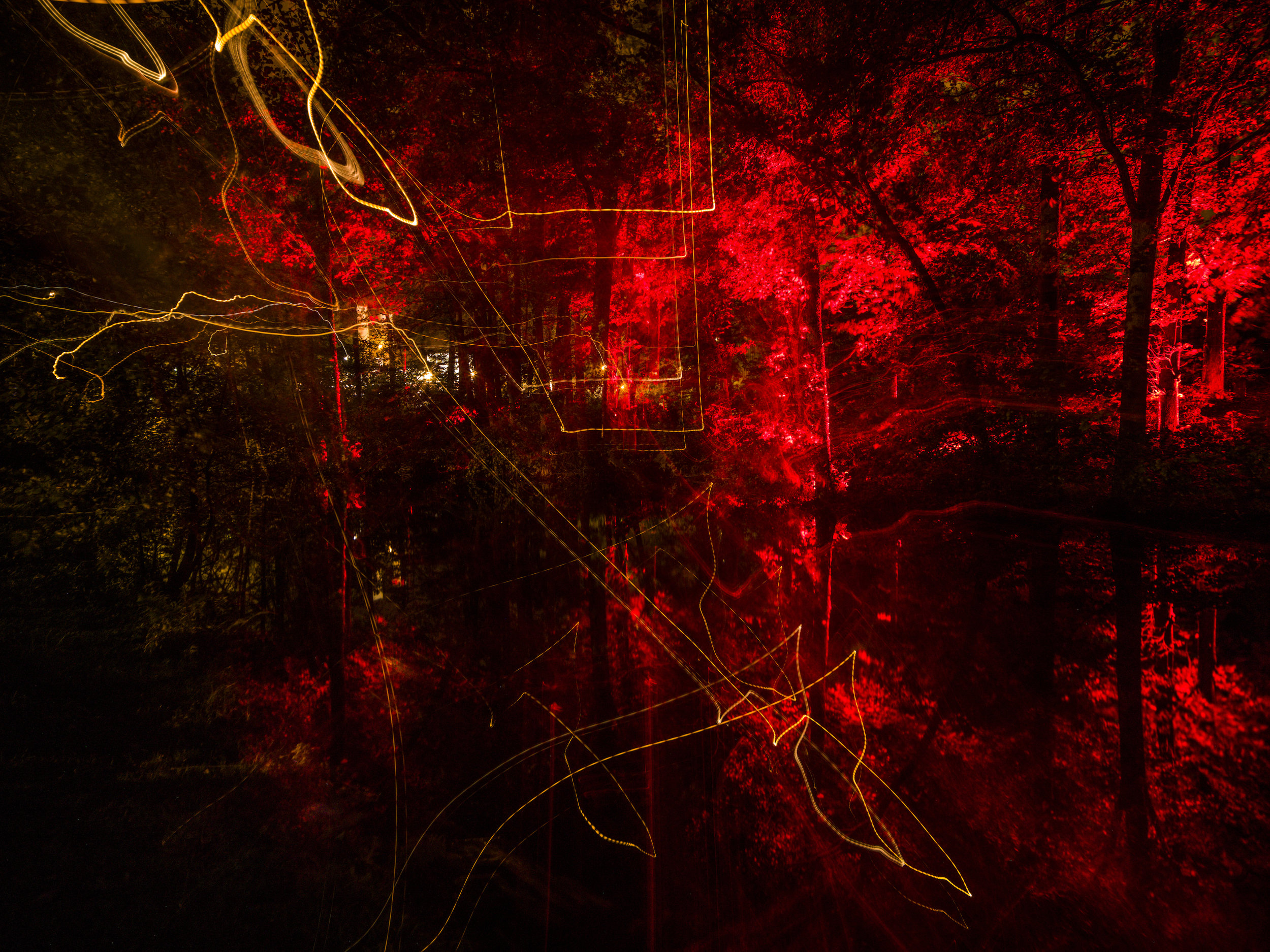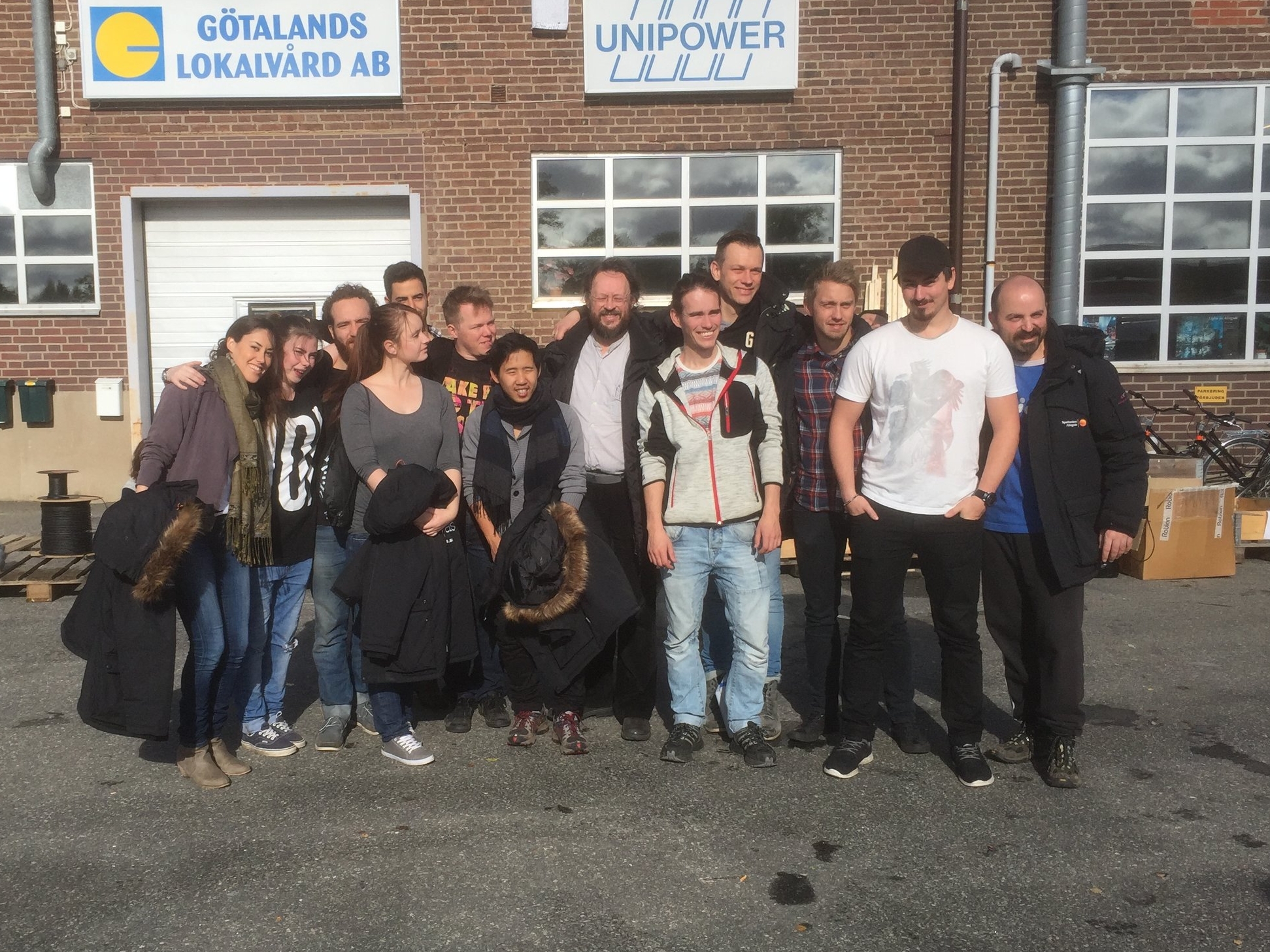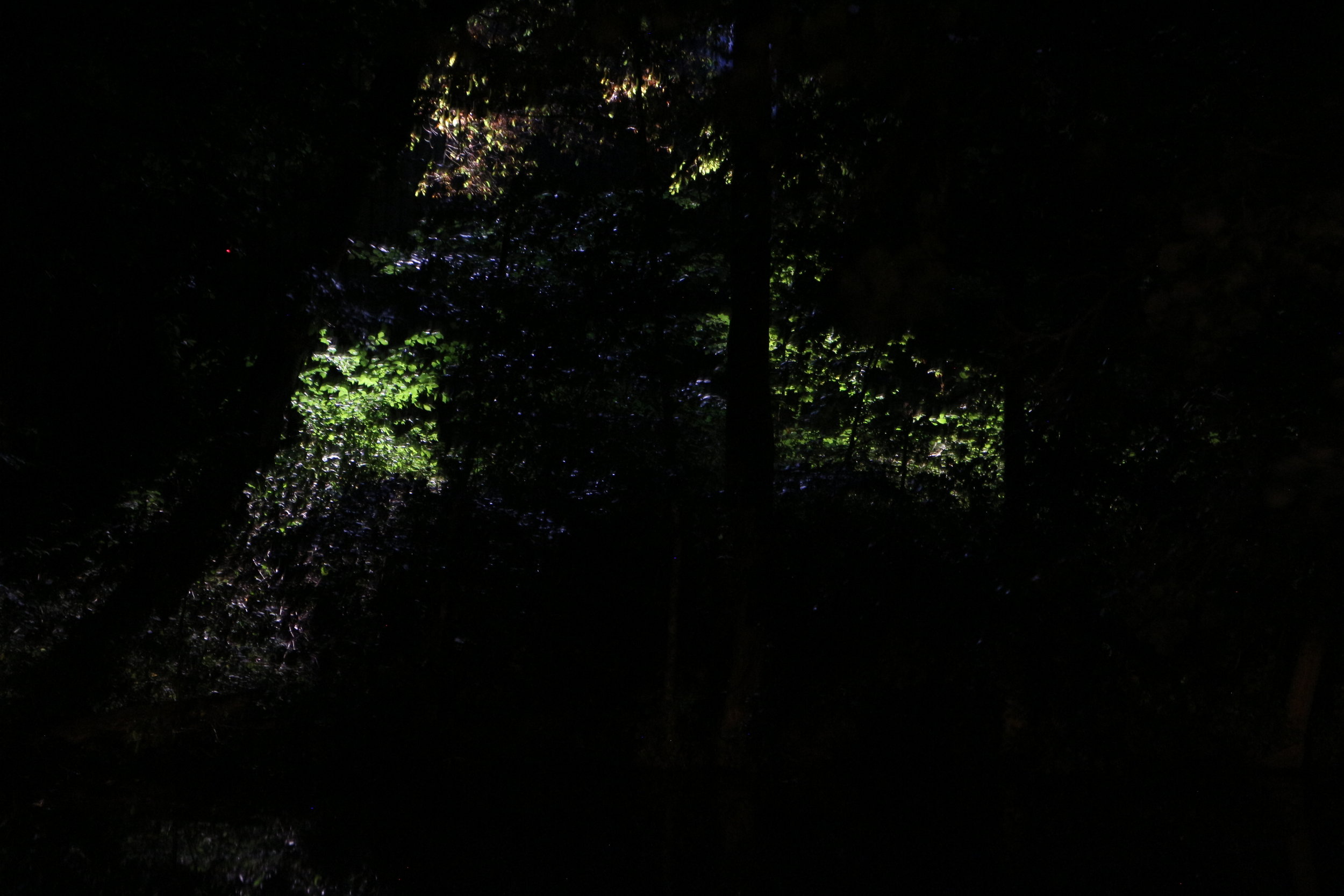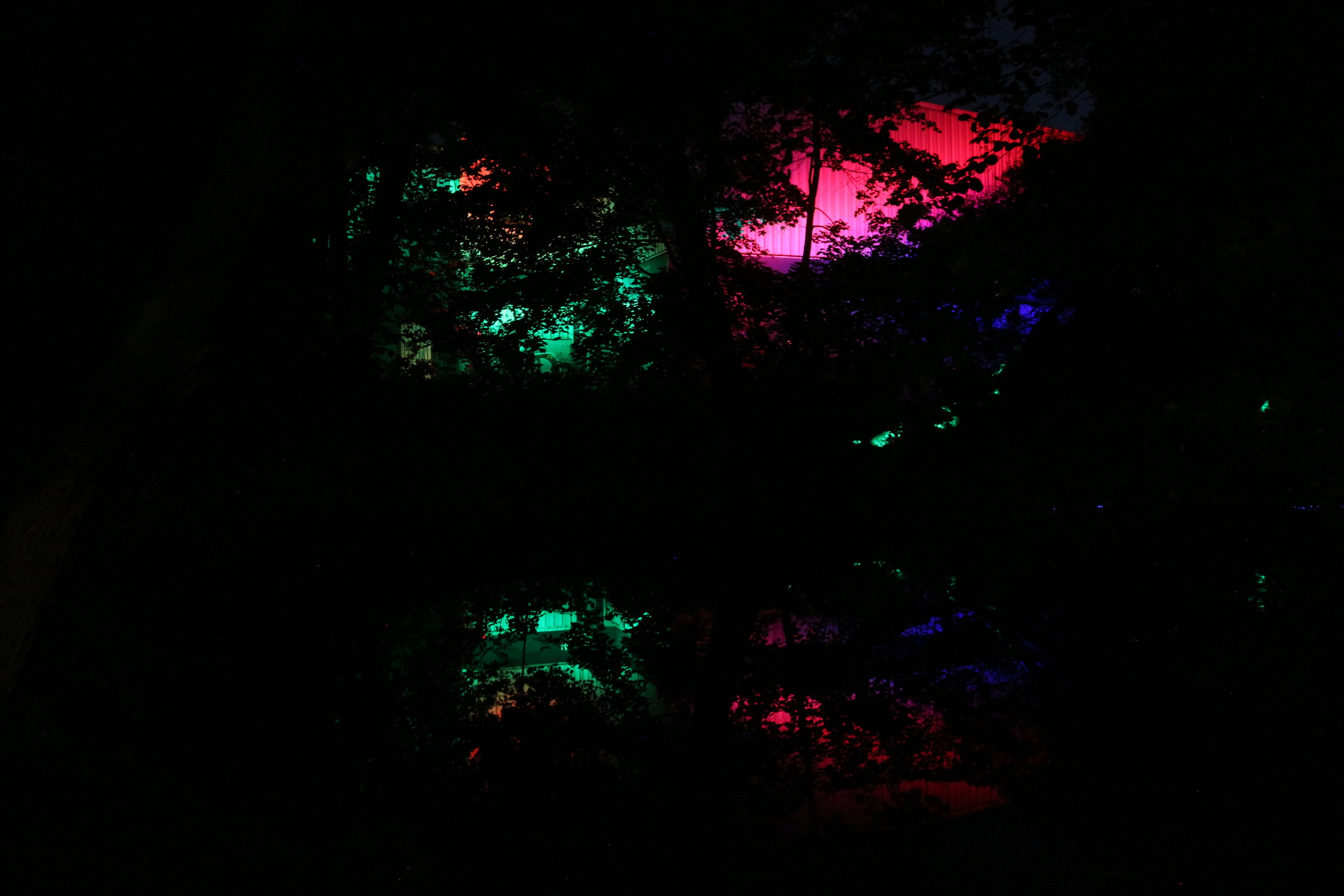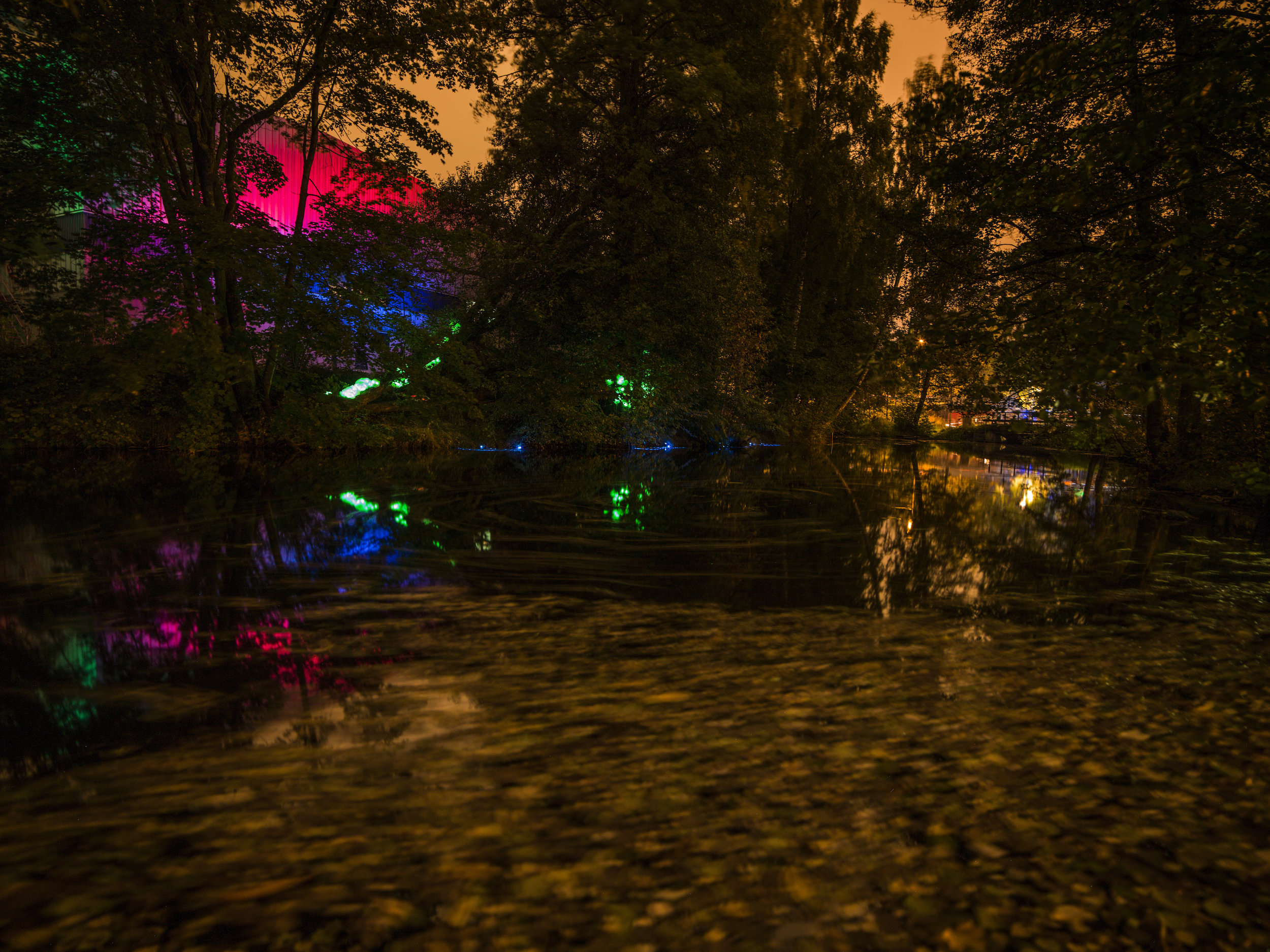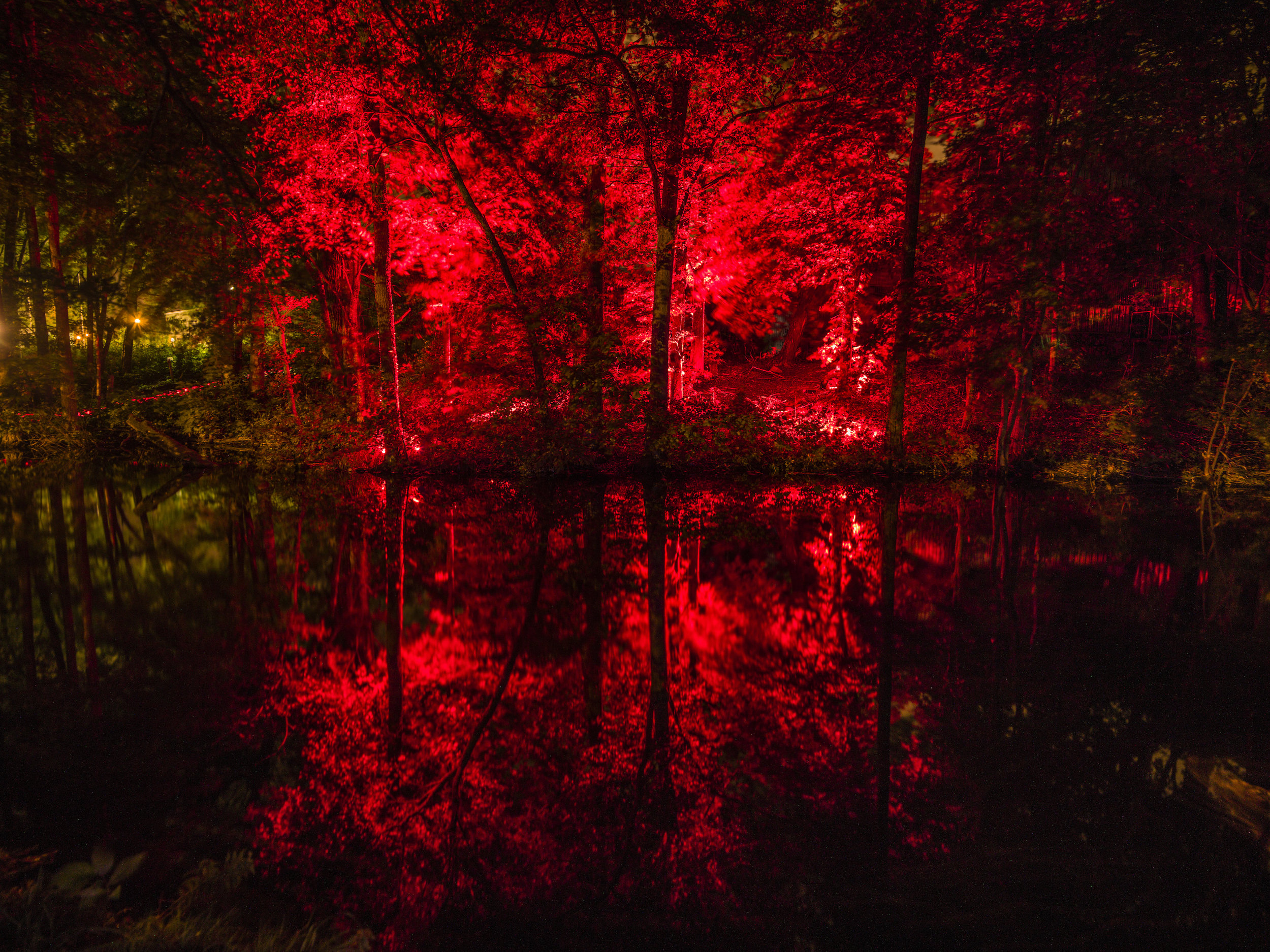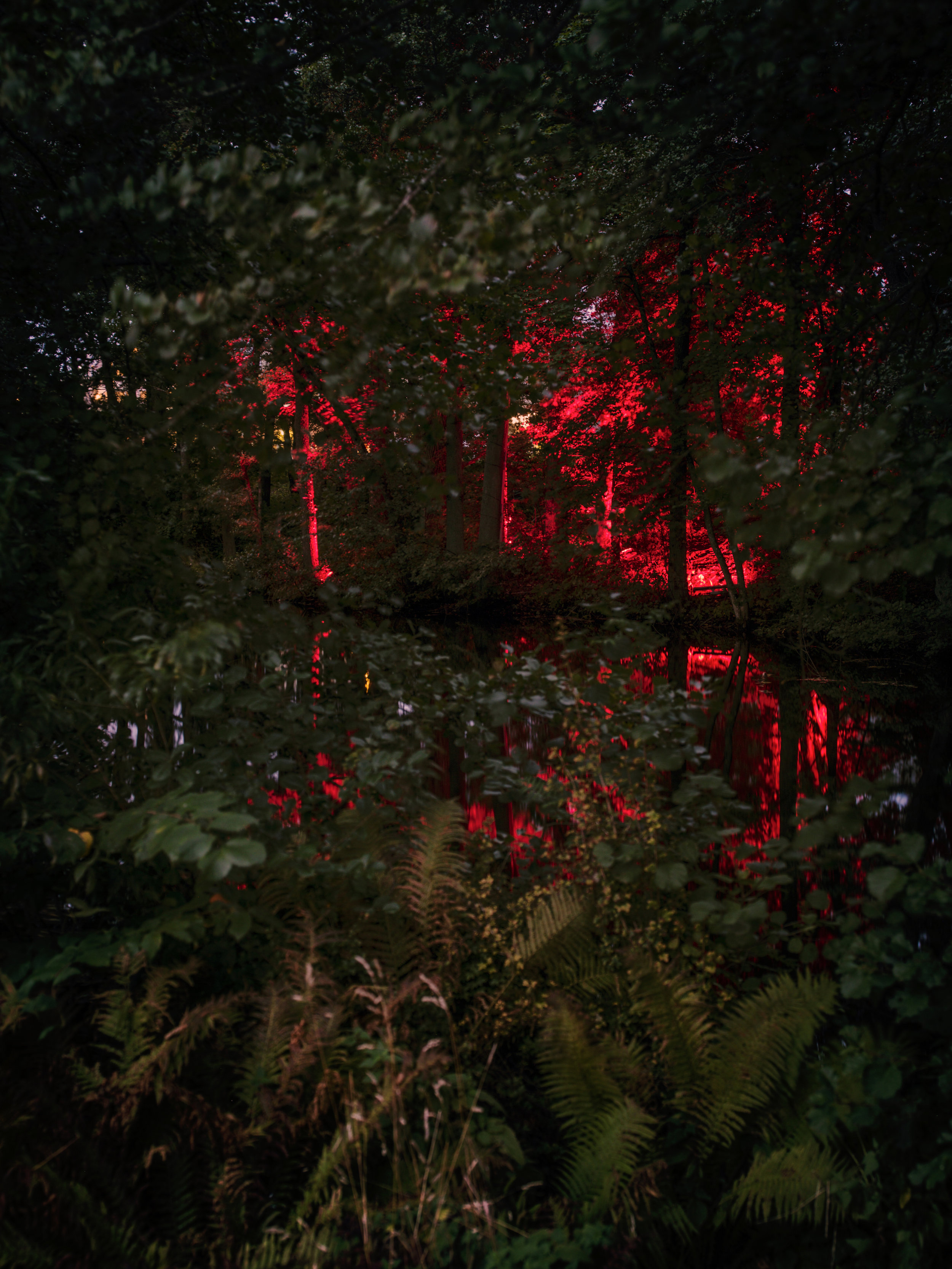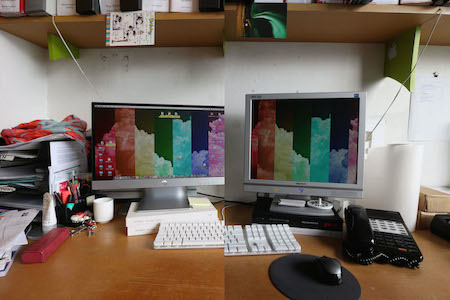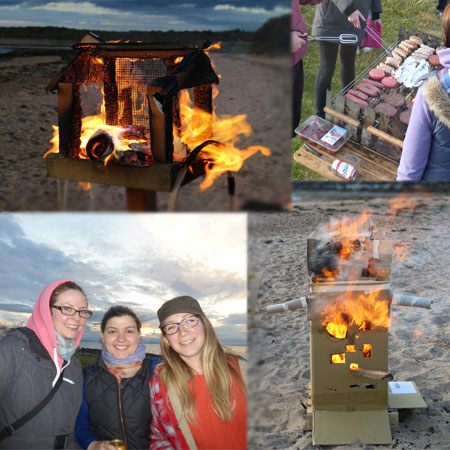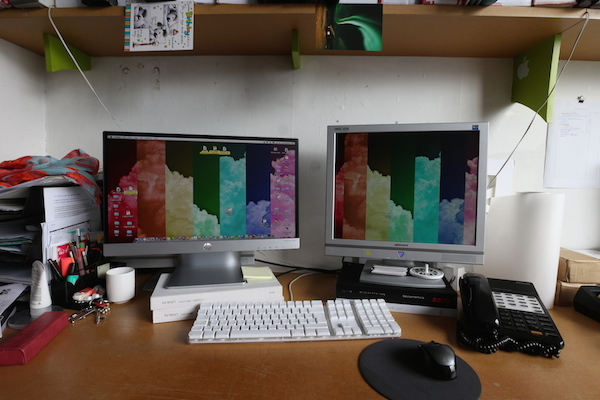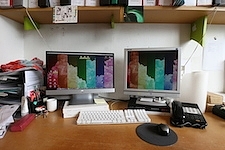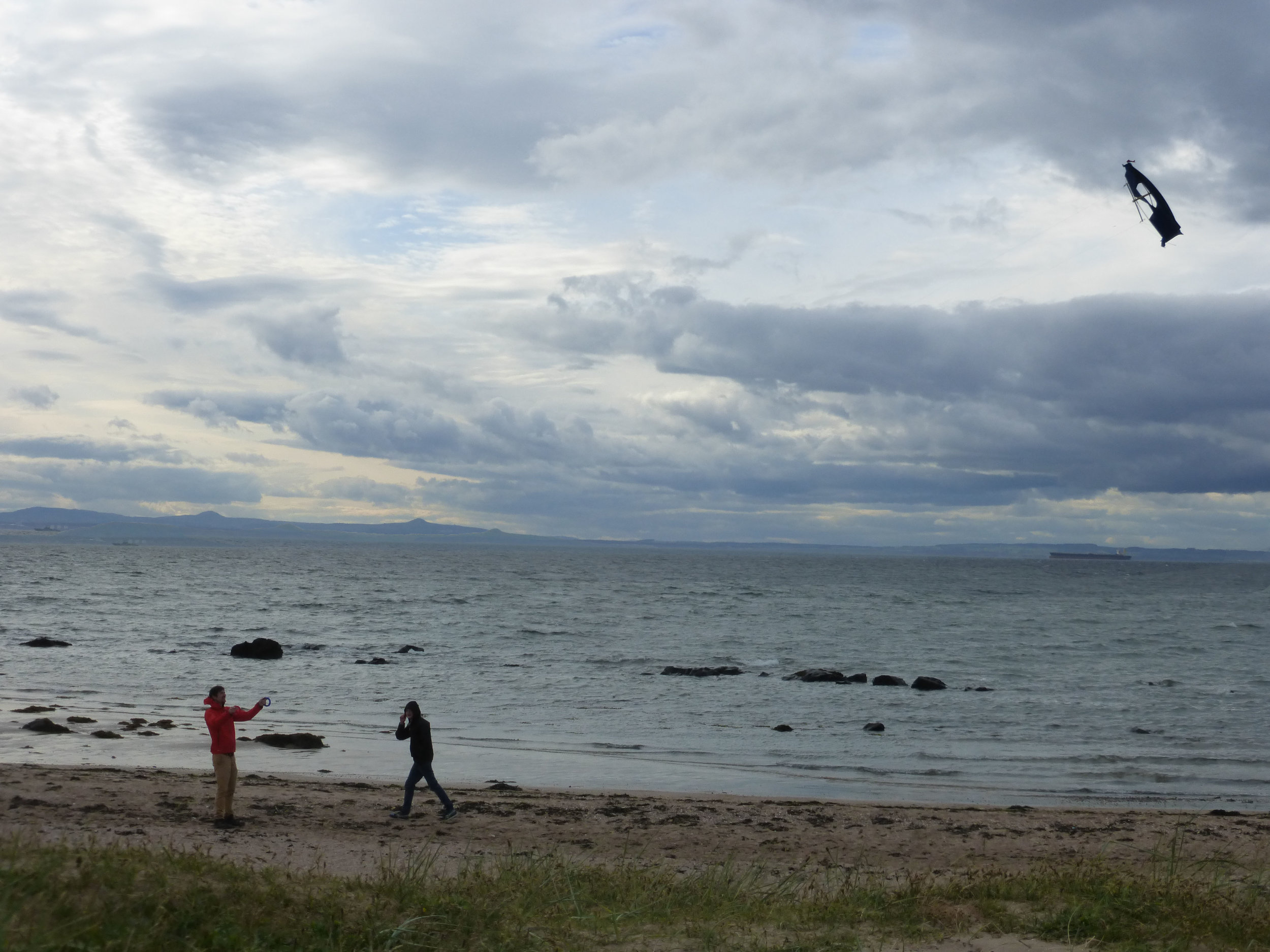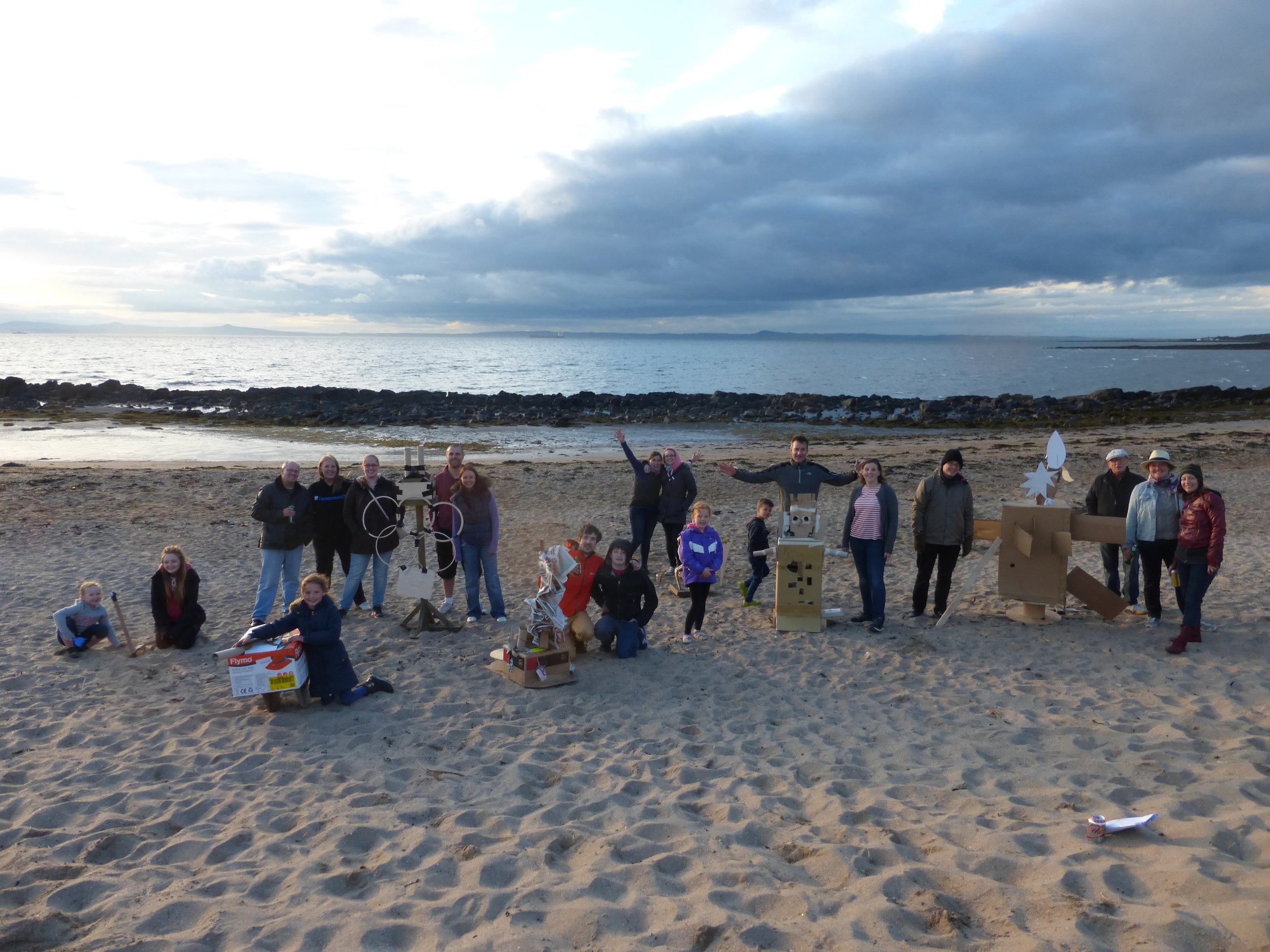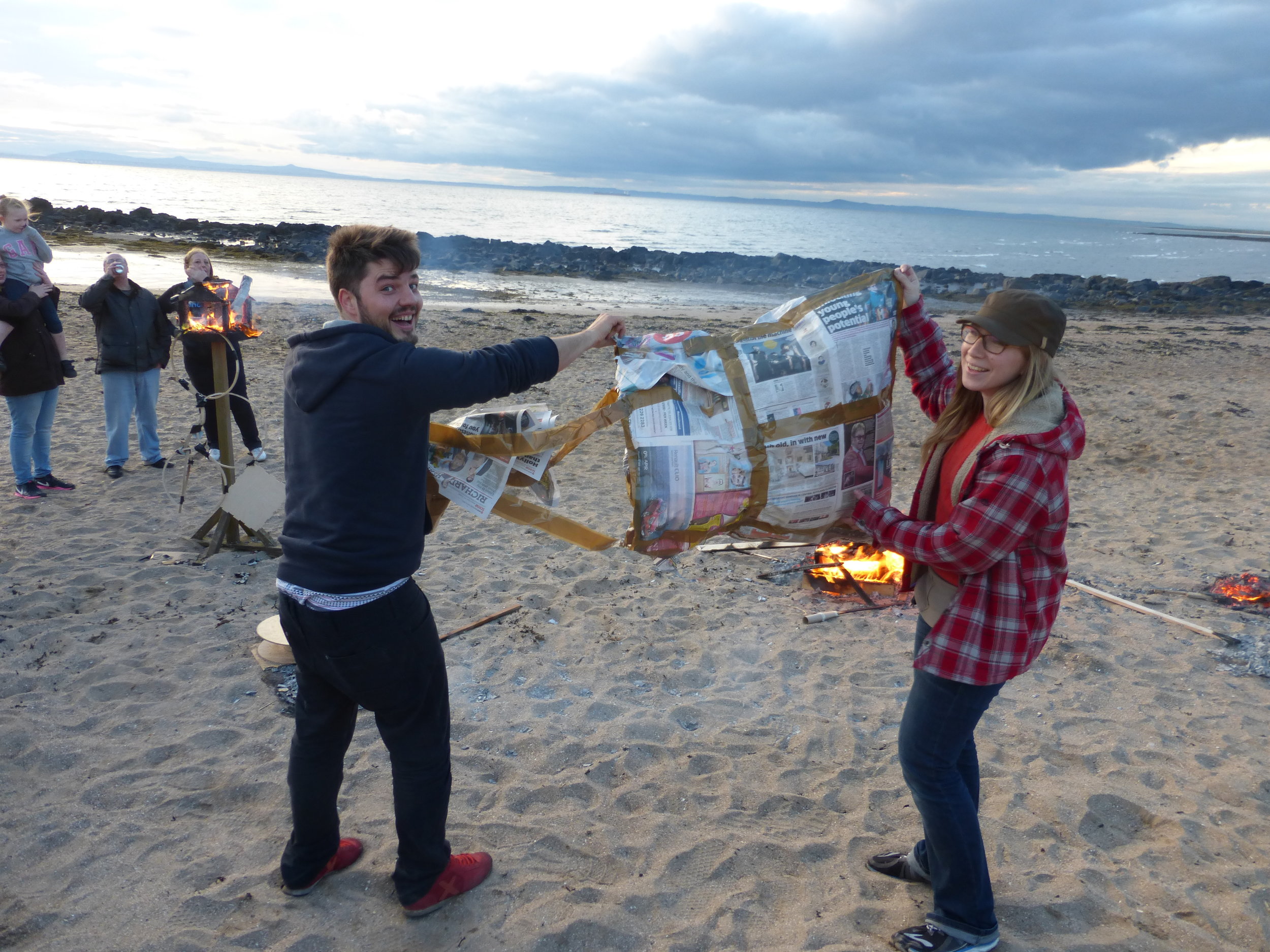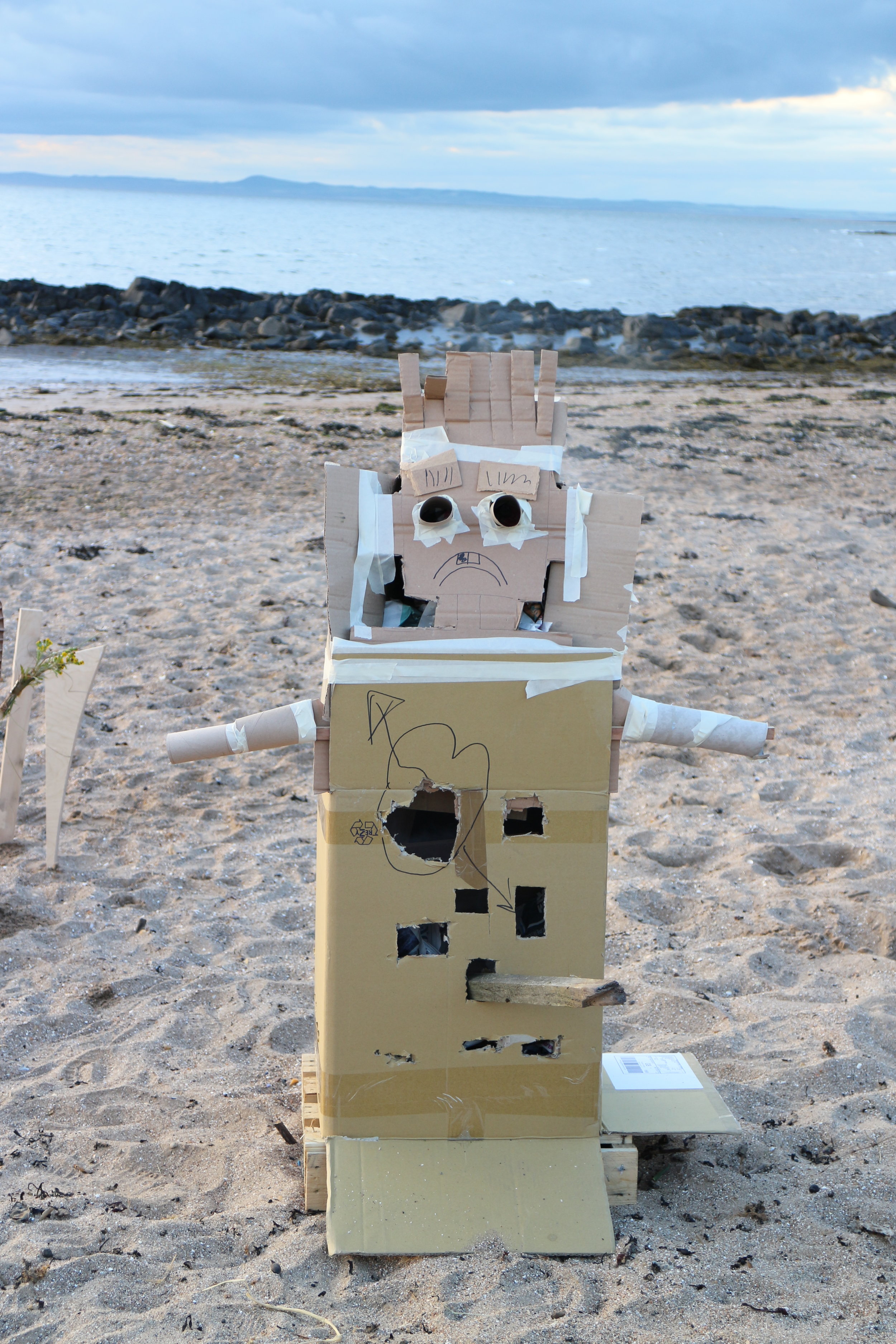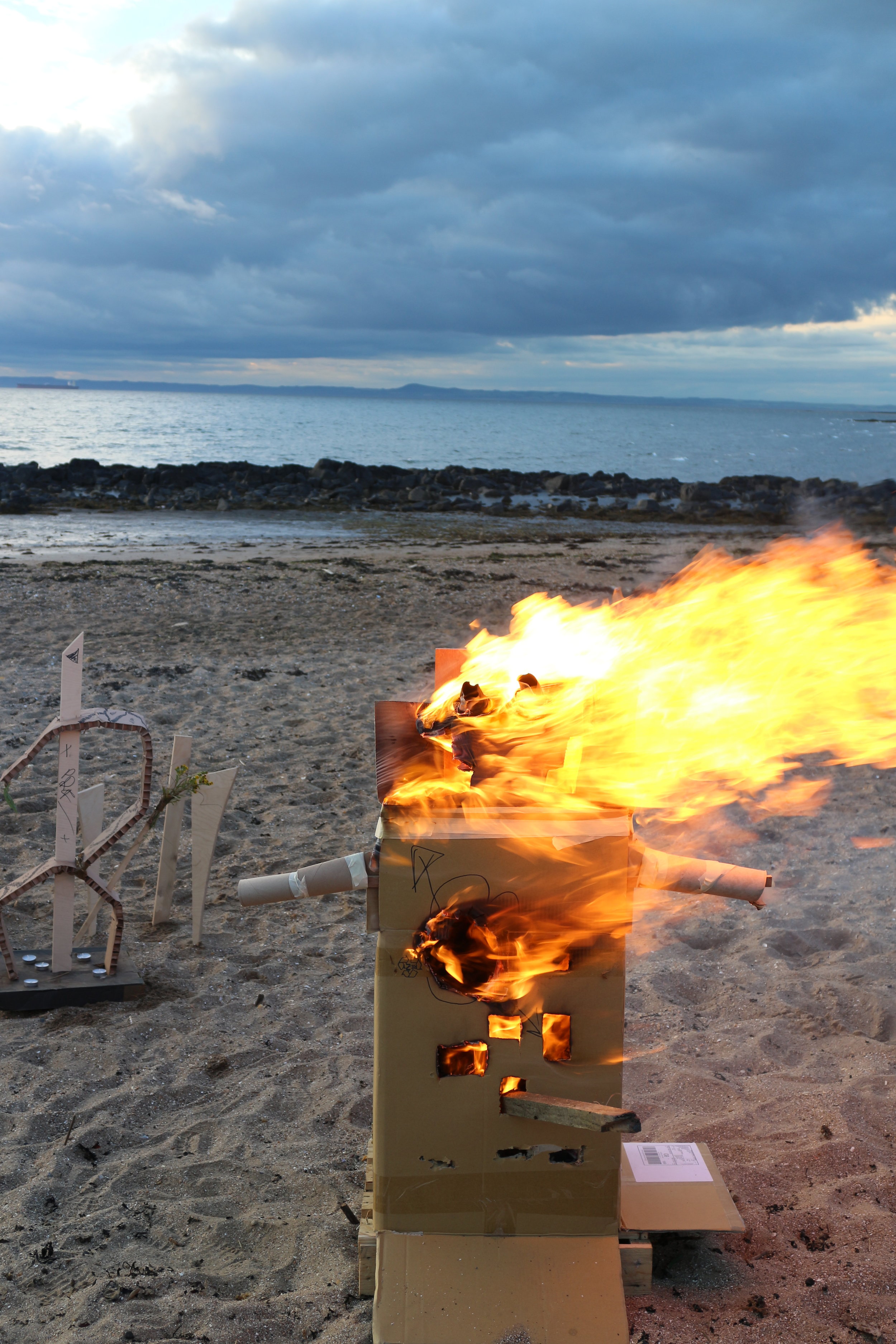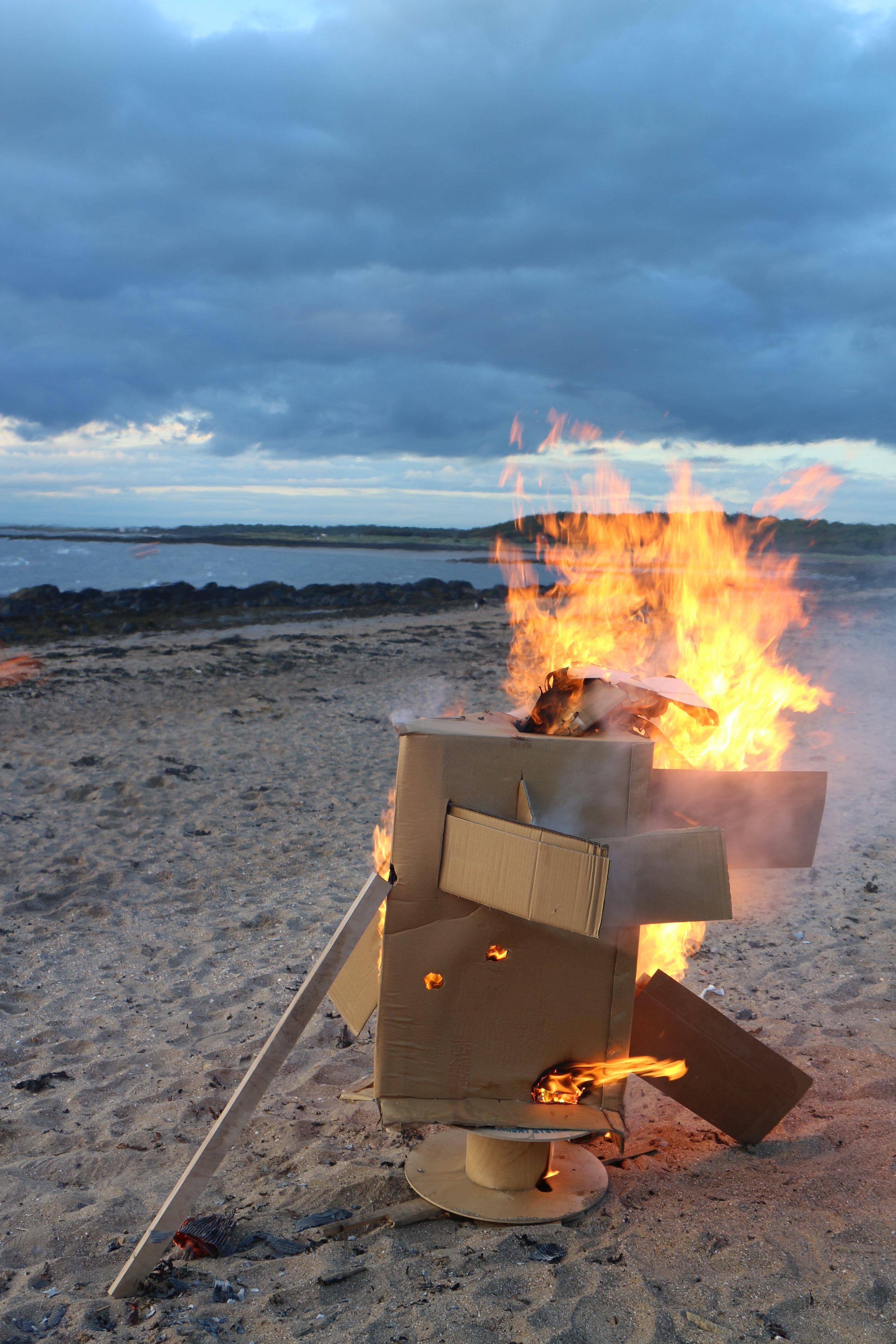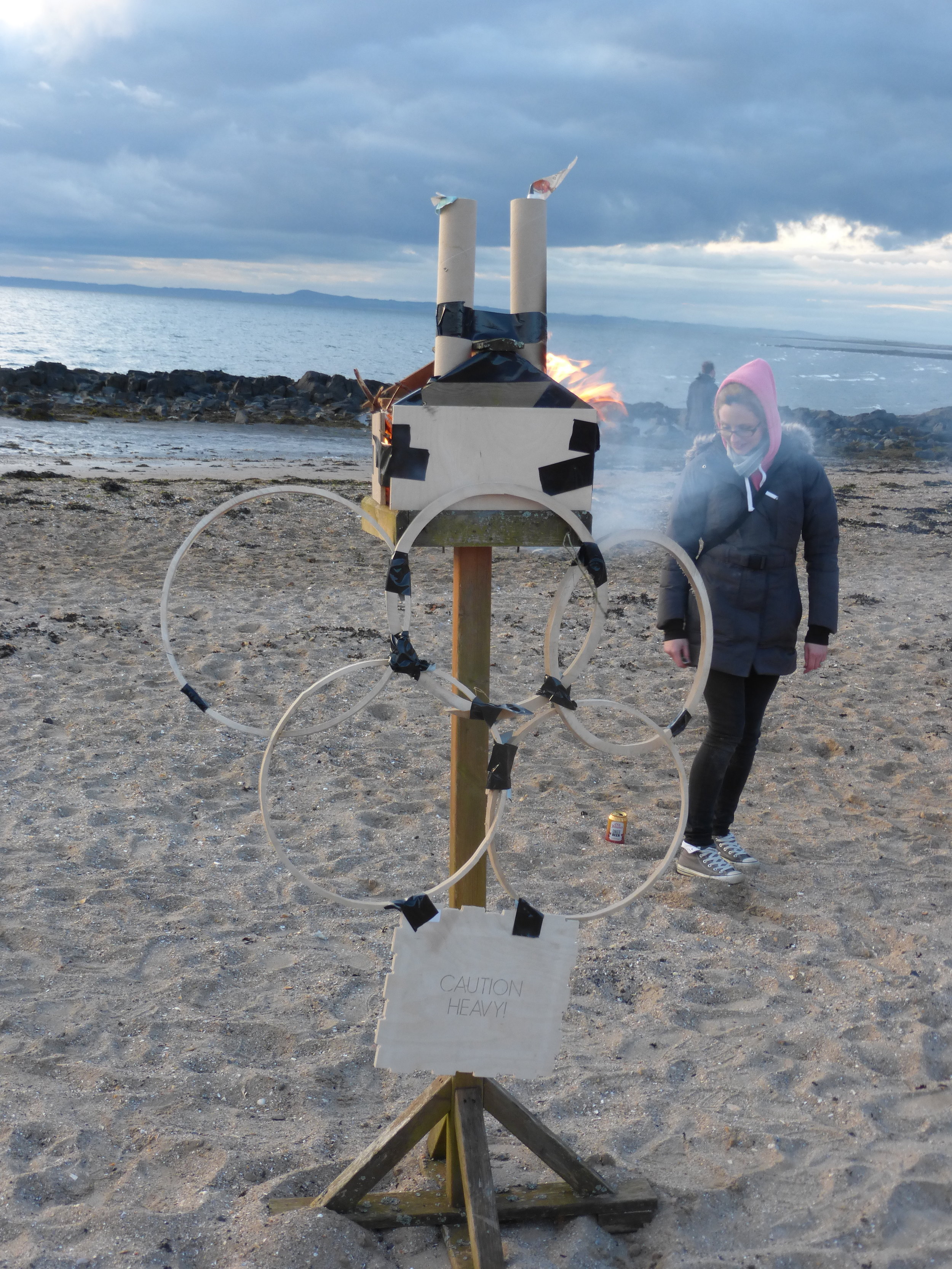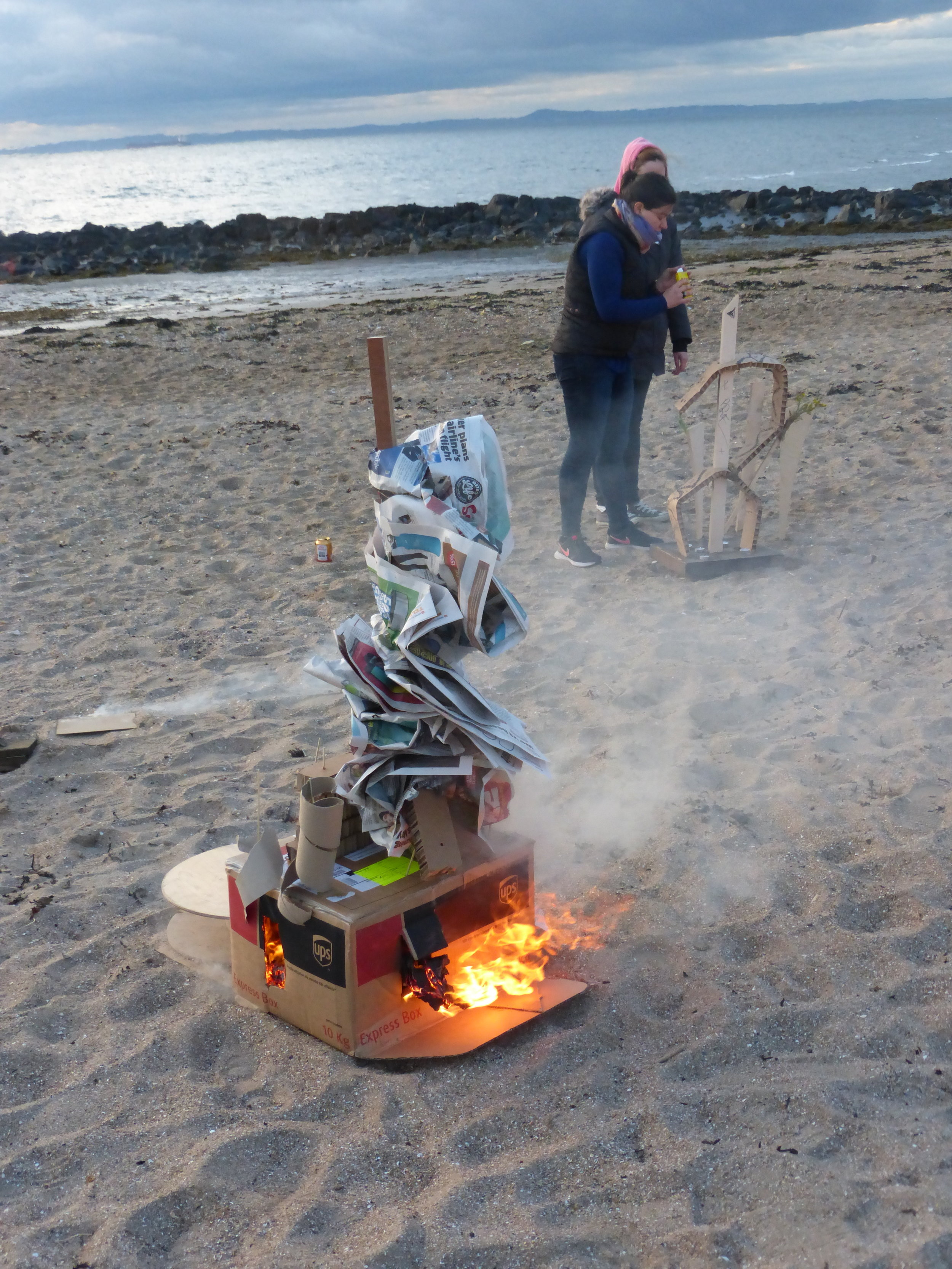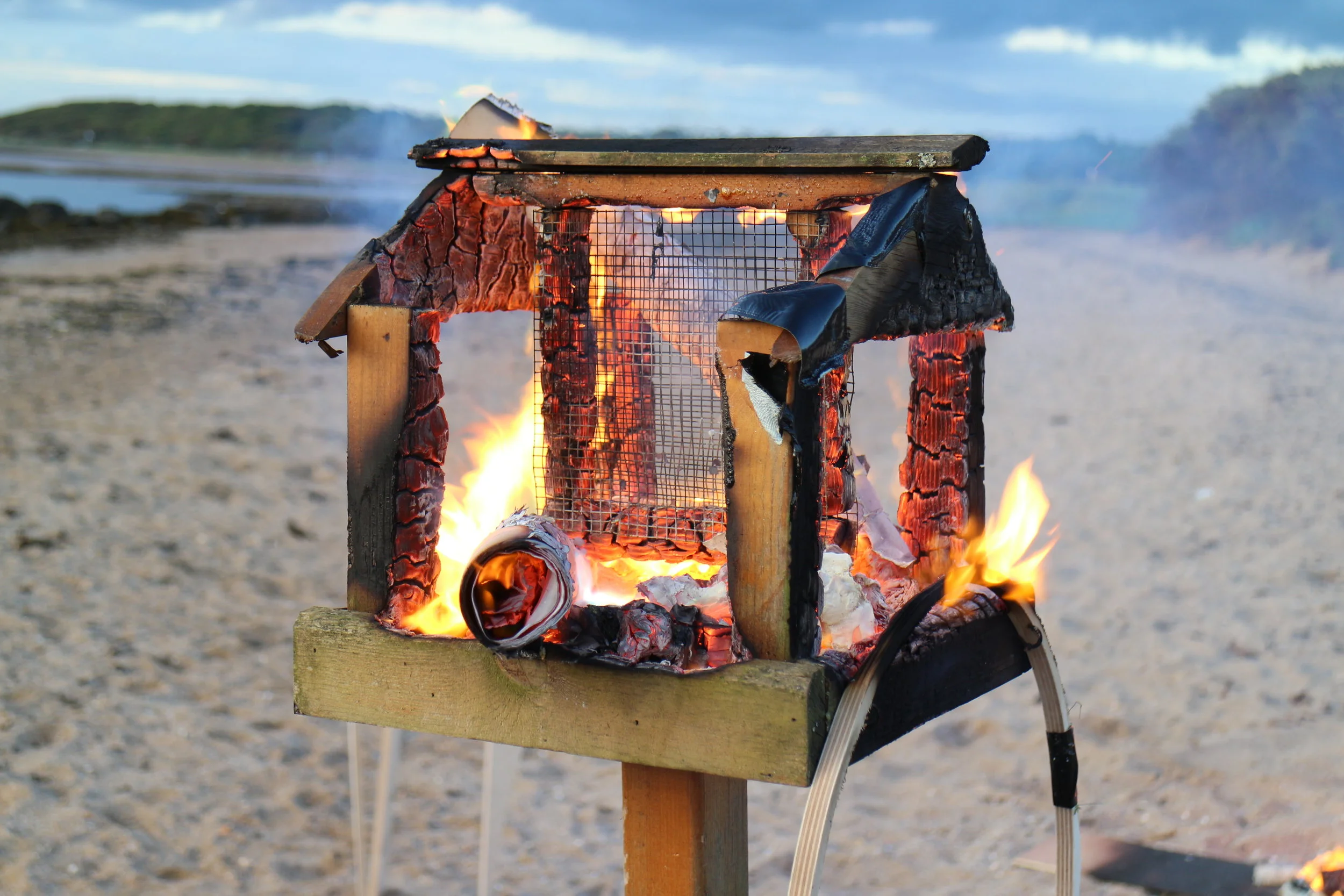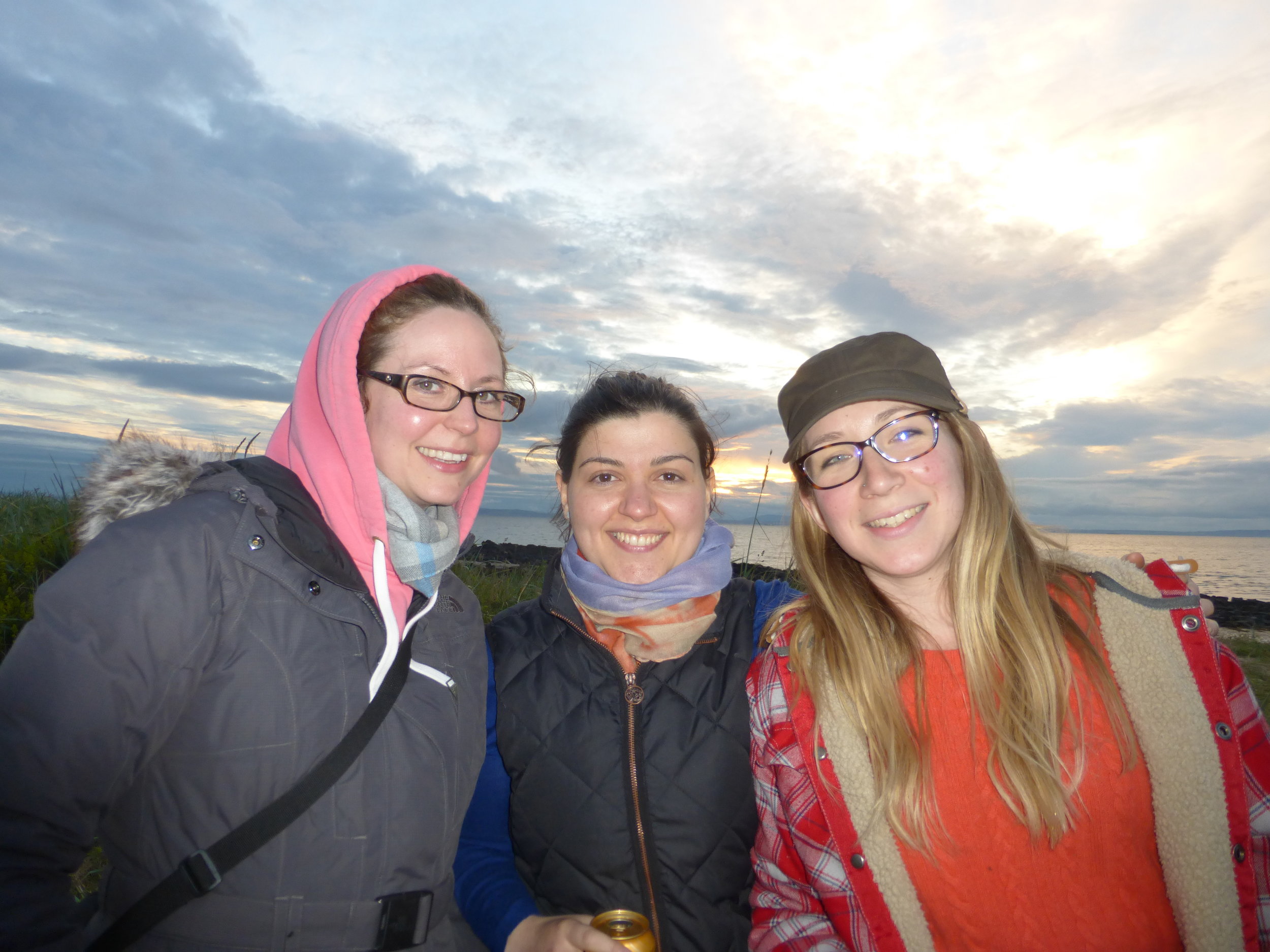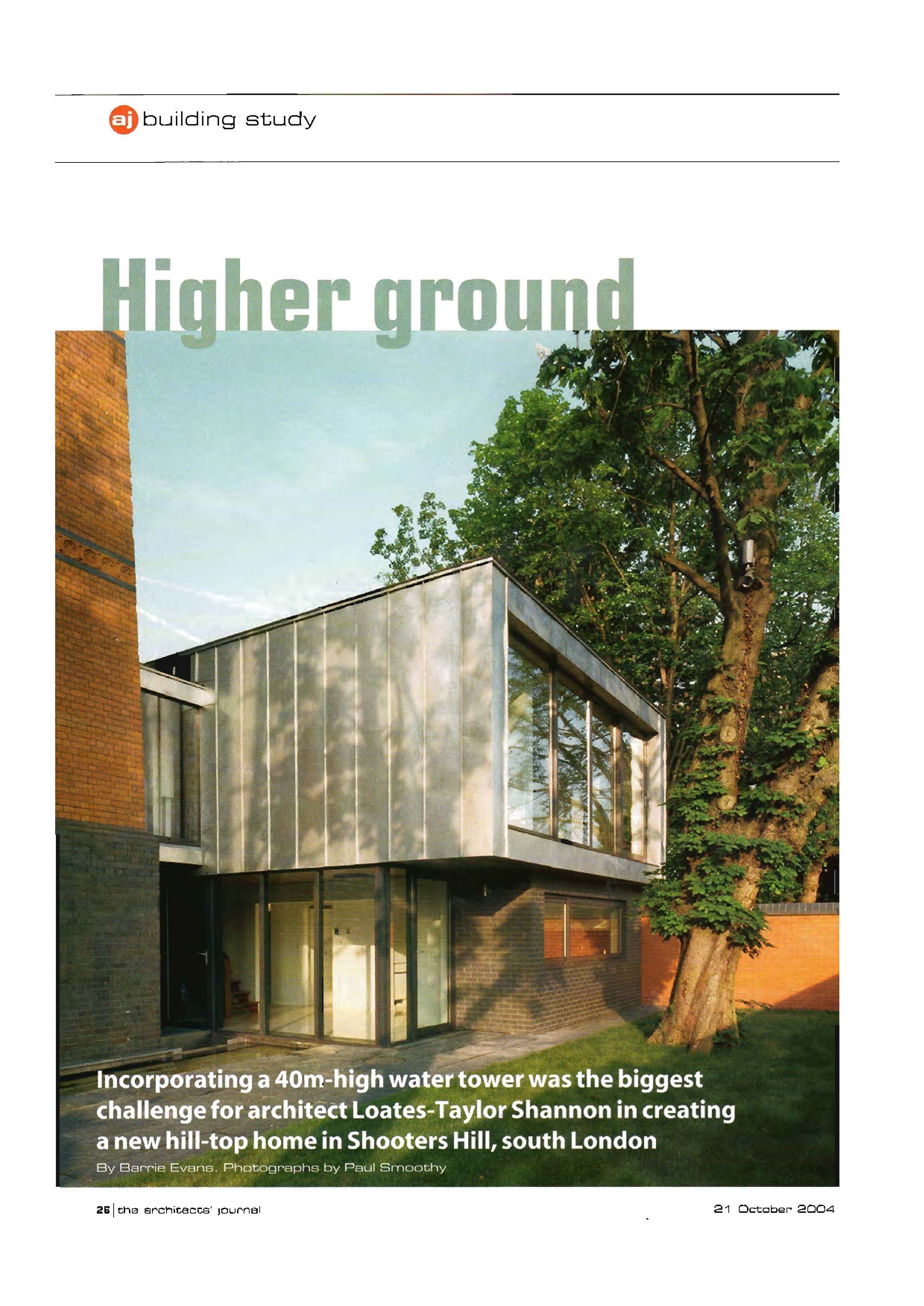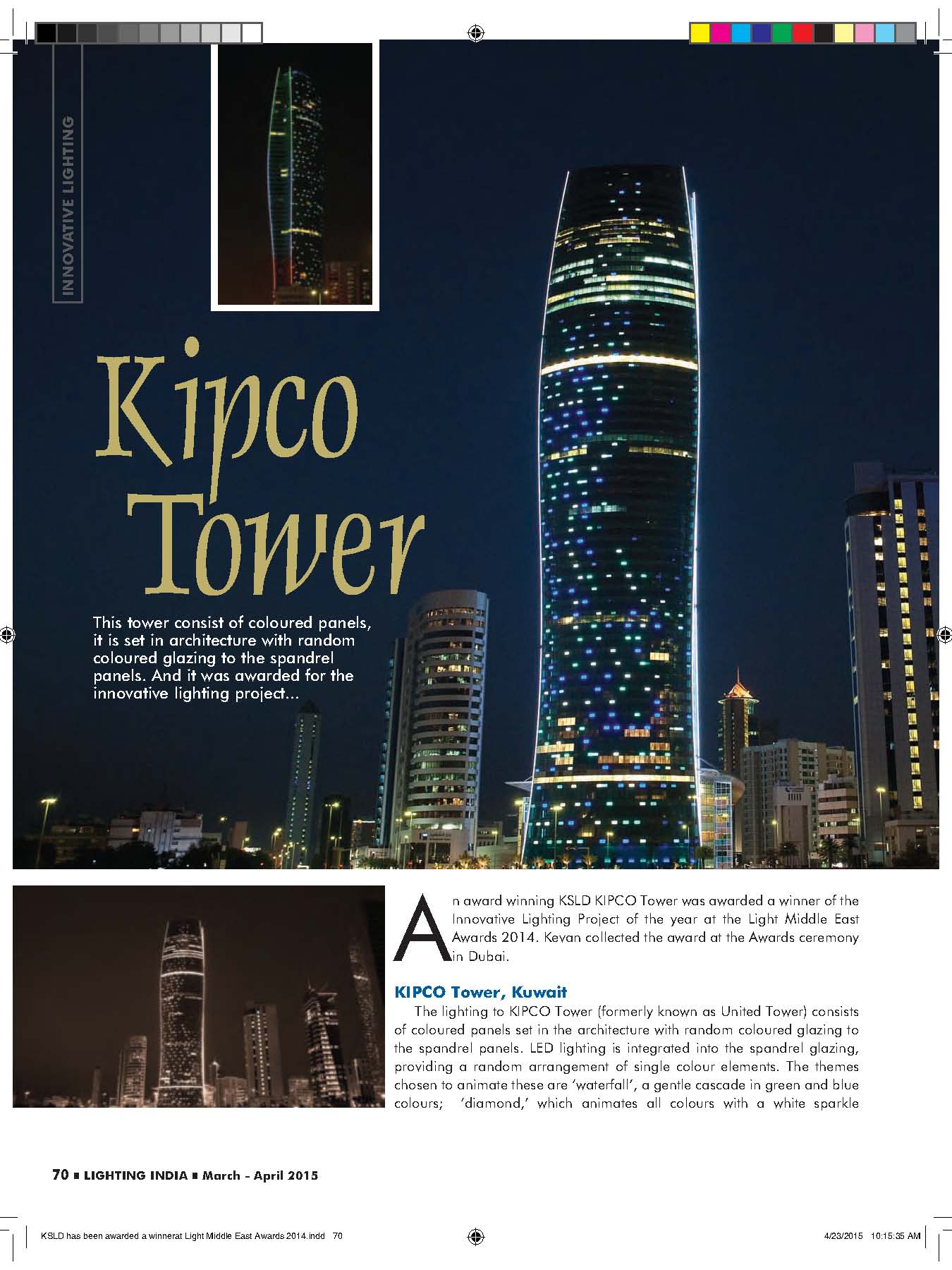How does lighting design happen? First there is a place to be lit, then there is inspiration, then creativity, then a lot of hard work, and finally the end result, a beautifully-lit space. See how we did it at Stobo Castle Hotel & Spa in these videos.
KSLD was chosen to update the exterior lighting at Stobo Castle Hotel & Spa near Peebles, Scotland. Led by former Senior Lighting Designer Claire Hope, a team of KSLD’s designers worked to create a plan that would bring out the natural historical beauty of the castle. Warm lighting was chosen to accentuate the stonework of the facade and key elements such as the battlements, turrets and coach porch. Each light position was tested to ensure that neither the rural location nor the guests inside would not be disturbed with obtrusive light. It was decided that the historic entrance would be revived with gas flame flambeaux, which were custom designed by Claire Hope and Beltane Studios.
Once the plan was accepted, and Scotlight installed the luminaires, Claire led a group of three designers with Fin Barber & crew of Scotlight out to Stobo Castle to focus the luminaires. After all, a light that is pointed in the wrong direction won’t look very nice, and is just a waste of electricity. Watch in this video KSLD’s designers and Scotlight’s electricians as they zip around in the cold winter night ensuring that Stobo Castle looks good even in the dark. (Watch how the Scottish saltire flag is lit!)
The gas flambeaux were installed by Scotlight after the main exterior facade was lit. (Check out those awesome Scotlight engineers in that group photo!) These torches were custom designed by Claire Hope. Speaking with Stobo Castle, she was inspired by the historical building to create a uniquely Scottish design, incorporating elements from the beautiful Scottish Borders surrounding the castle. Scottish thistle and the antlers from wild deer were the source of the design to bring out the wild in the rising flame that would welcome visitors.
The production of the flambeaux was carried out by local Beltane Studios, who melted and cooled each individual piece to make these extraordinary creations. There is nothing like watching molten metal being poured into a mould!
The videos were filmed and edited by Glasgow filmographer Daryl Cockburn.
We encourage all owners of beautiful historic buildings to consider how they are lit. Are the lights showing off the most important or most beautiful aspects of the building? Are they efficient in their lighting, with little light flooding into windows or blurring out stars? Good light is good art, and good light can bring out the best in a location. And in people.


